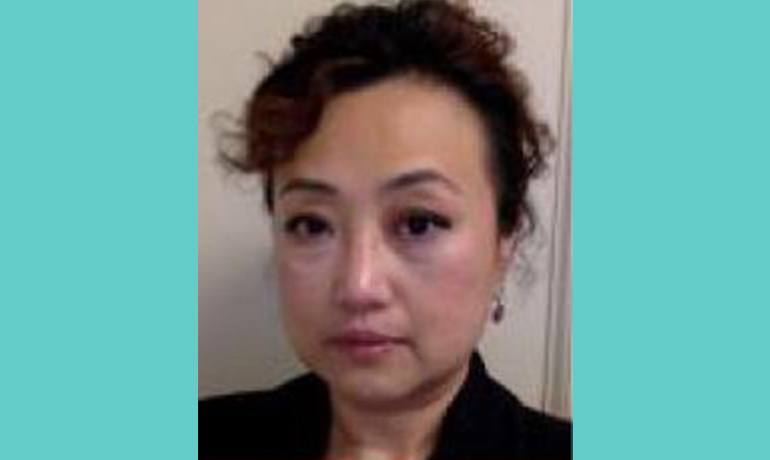
An estimated 15.5 million Americans are cancer survivors, but they haven’t beaten the disease alone.
It takes a concerted effort to survive cancer, and a new program developed at the University of Illinois Cancer Center is providing patients with the resources they need to help them continue living a full life.
“Survivorship begins at the time of cancer diagnosis,” said Dr. Susan Hong, director of the Cancer Center’s Adult Cancer Survivorship Program. “Just because the cancer has been cured doesn’t mean people are left in perfect health. There’s a lot of fallout, not just with patients but for family members, friends, and others.”
The survivorship clinic is housed within Mile Square Health Center, 1220 S. Wood St., a federally qualified health center. Any adult diagnosed with cancer with their primary care physician at Mile Square or who are treated at University of Illinois Health Science System are eligible to receive care in the survivorship program. The aim of the survivorship clinic is to coordinate care between the cancer specialist and primary care physician to ensure that all aspects of a cancer survivor’s health needs are met.
The survivorship program, which is the first of its kind at a federally qualified health center, contains numerous components: screening for recurrent and new cancers; assessing for the medical and psychosocial late effects, as well as the intervention for the consequences of cancer and its treatment; and the coordination of care between specialists and primary care providers to ensure all aspects of the survivor’s health needs are met.
Navigating life can be difficult for cancer survivors, as they face numerous challenges. Depression affects between 15 to 25 percent of survivors, and the disease causes many survivors to make changes in their employment, causing stress. Survivors also confront pain, limitations in activity, and poor general health.
Treatment-related side effects also hinder a survivor’s health – many are poorly understood and can occur years after therapy is completed, Hong said. Cancer survivors have an increased risk for other health effects, including increased risk for second cancers and other chronic health conditions such as diabetes and hypertension. Survivorship care is needed because traditional medical care for cancer survivors has been fragmented and poorly coordinated with both survivors and health care providers confused about who is delivering which aspects of care.
The Adult Survivorship Program is more than a clinical program, Hong said. We are passionate about the research and education missions of the university. Through research, we are trying to gain a better understanding of the health issues faced by cancer survivors. Our hope is to intervene early to prevent or minimize the long-term health impacts of cancer and cancer treatments.
Several other initiatives led by the UI Cancer Center Adult Survivorship Team are designed to prevent cancer occurrence. The Family History Pilot Initiative at the Evelyn Goldberg Mammography Center is one such program. Women undergoing screening mammograms are asked to complete information about their family history on a HIPAA-secure tablet-based web program called CancerIQ. This tool uses existing family history screening tools evaluated by the United States Preventative Services Task Force to determine if a woman qualifies to speak to a genetic counselor. “Identifying high risk individuals is one way we can tailor screening and prevention services appropriately,” Hong said.
Education is another key component to the survivorship program, which is developing a program entitled Project ECHO, started in New Mexico in 2003 to address Hepatitis C and now covers more than 45 health conditions throughout the world. Since the number of specialists are limited in rural and underserved communities, ECHO trains primary care clinicians to provide specialty care services, allowing more people to get the care they need. By doing, so patient outcomes are improved and costs are reduced, Hong said.
Along with Hong, the survivorship team consists of Kristin McCune, RN, clinic nurse at Mile Square; Tamara Hamlish, PhD, research scientist; Dana Sohmer, program manager; and Anika Jenkins, business manager.
